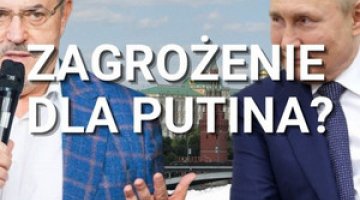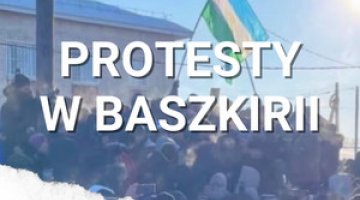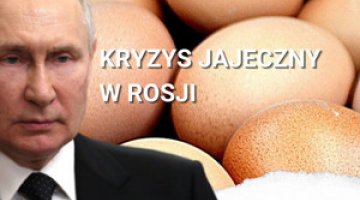Blinken–Lavrov talks in Geneva: neither progress, nor break-off
A 1.5-hour meeting between US Secretary of State Antony Blinken and Russian Foreign Minister Sergei Lavrov took place in Geneva on 21 January. After the talks, described by both sides as useful, concrete and frank, the parties reiterated their publicly known positions but also announced further contacts. The Russians are waiting for a written response to their demands in the sphere of European security. Blinken promised to submit such a response, both orally and in writing as well as US counterproposals next week, after discussing them with President Joe Biden and with allies and partners. Once the responses have been handed over and examined, the heads of diplomacy are to meet again.
During his briefing, Lavrov focused on the need for the US to force Kyiv into fully implementing the Minsk agreements. He refused to answer the question whether Moscow would recognise the independence of the separatist republics in the occupied Donbas (a proposal to this effect was submitted to the Russian parliament by a group of communist deputies), and called the Ukrainian government a "bankrupt regime". He intimated that the prospect of another Putin–Biden depended on the attitude of the Americans. Blinken also did not rule out the possibility of another meeting at the highest level. He stressed that the United States would not make any concessions on matters of principle, but was ready to discuss security concerns in Europe on a reciprocal basis. He also said that Ukraine is an important US partner and although it is not covered by NATO's Article 5 guarantees, Washington is determined to support its security.
Commentary
- The disclosures about the course and outcome of the meeting suggest no clear progress in the Russian-American talks. However, they have not been broken off and will be continued. The Russian side made two procedural concessions on this occasion. Firstly, contrary to its publicly expressed expectations of receiving a written reply this week, it agreed to postpone the deadline by a week. Secondly, in agreed to Friday’s talks in spite of prior declarations that it would not meet before receiving written answers to its earlier proposals (although it tried to mask this concession by stressing the ‘interim' nature of the meeting).
- The announcement that further diplomatic contacts will follow the exchange of written positions and public consideration of a possibility of another Putin–Biden summit suggest that Moscow does not seek to break off diplomatic contacts and would like to use them to boost its political image. This shift in attitude may have been caused by its surprise with the tough US stance, by the degree of unity displayed by the Western side, the increase in military aid to Ukraine and, especially, the growing threat of severe sanctions.
- At the same time, one should expect that Russia would escalate aggressive military demonstrations (including massive military exercises) in order to exert pressure and to strengthen its negotiating position. Any Russian military action against Ukraine before the end of January can be almost entirely excluded. Similarly, a radical scenario of a subsequent massive ground military offensive against the country remains unlikely.




